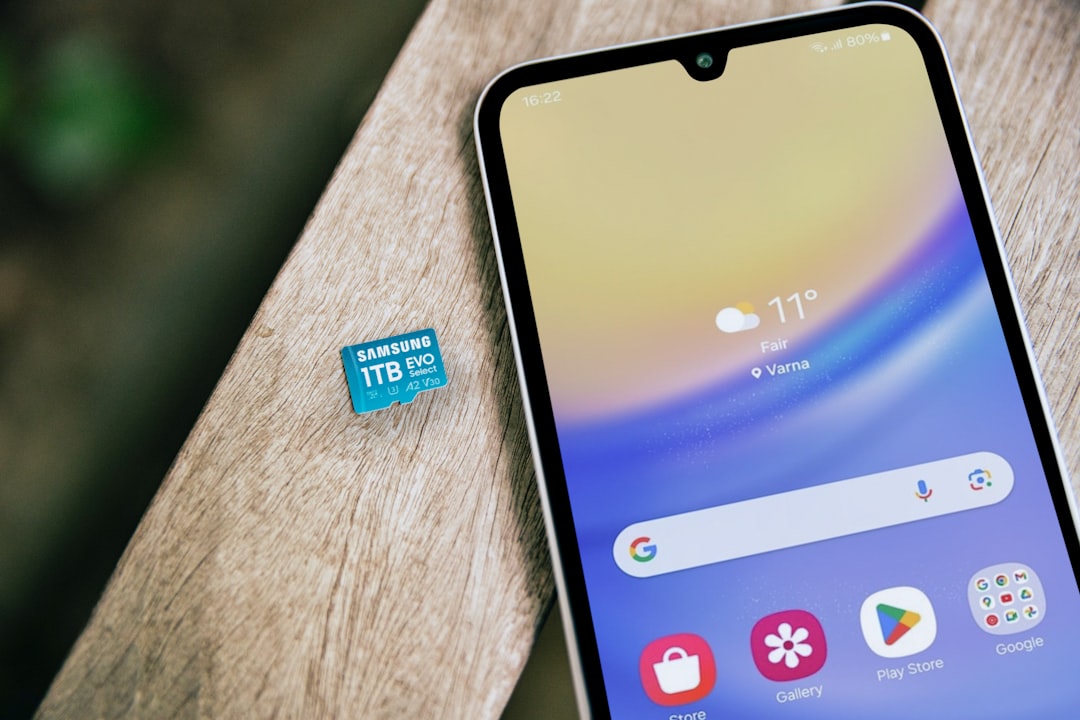Robocalls and texts from automated systems have reached epidemic levels in New York City, causing significant annoyance due to easy data harvesting and selling. While the "Do Not Call" registry offers some protection, it's not foolproof against text messages and robocalls. New Yorkers are protected by state and federal laws, including the Telephone Consumer Protection Act (TCPA), with strict enforcement from the New York State Attorney General's Office. To combat unwanted communications, residents can register on the National Do Not Call Registry, use call blocking apps, adjust phone settings, and be cautious with personal information. Do Not Call law firms in New York face significant penalties for violations, emphasizing the importance of consumer protection in the digital age.
In the bustling city of New York, unwanted robocalls and texts have become a persistent nuisance. This article guides NYC residents through the maze of preventing these intrusive communications. We explore the legal frameworks, particularly the state’s Do Not Call laws, and provide practical strategies to block robocalls. Additionally, we highlight resources offered by Do Not Call law firms in New York, empowering citizens to protect their privacy and peace of mind from unwanted marketing efforts.
Understanding the Problem: Unwanted Calls and Texts in NYC

In New York City, as in many urban centers across the country, unwanted phone calls and texts from robocalls have become a significant nuisance for residents. These automated messages, often marketing or fraudulent in nature, are designed to reach a wide audience quickly and can be particularly aggressive in densely populated areas like NYC. The problem is exacerbated by the ease with which contact information can be harvested and sold on the open market, leading to a deluge of unwanted communications.
Moreover, New York residents face a unique challenge due to the high concentration of law firms in the city. Robocalls masquerading as legal notifications or warnings are not uncommon, adding an extra layer of complexity for consumers trying to discern legitimate from fraudulent communications. The “Do Not Call” registry, while effective in certain contexts, has limitations when it comes to text messages and robocalls, making it crucial for NYC residents to understand their rights and available protections under state and federal laws, including the Telephone Consumer Protection Act (TCPA).
Legal Frameworks: Do Not Call Laws and Their Implementation in New York

In New York City, as across the United States, prevention of robocalls and unwanted texts is heavily governed by the Do Not Call Laws. These laws are designed to protect consumers from intrusive telemarketing practices. The implementation of these laws in New York involves strict regulations that Do Not Call law firms operate within. Violations can result in significant penalties for telemarketers and call centers, incentivizing compliance.
The New York State Attorney General’s Office plays a pivotal role in enforcing these laws, monitoring calls and texts to ensure they adhere to the Do Not Call law. Consumers who register on official “Do Not Call” lists are legally protected from unsolicited calls, including those from automated systems. This protection is extended to text messages as well, further fortifying consumers’ privacy rights in the digital age.
Practical Measures to Prevent Robocalls and Unwanted Texts

Preventing robocalls and unwanted texts in NYC involves a multi-pronged approach. One effective measure is to register your phone number on the National Do Not Call Registry, which restricts telemarketers from calling personal and business numbers listed on it. Additionally, utilizing call blocking apps or features built into modern smartphones can significantly reduce the volume of automated calls received. Many of these apps learn to recognize and block specific patterns associated with robocalls.
For unwanted texts, adjusting your phone settings to restrict messages from unknown senders is a good starting point. Text filtering services that use AI to identify and block spam messages are also becoming popular. Furthermore, being cautious when sharing your contact information online or at events can help minimize exposure to these nuisance calls and texts. Remember, exercising caution with personal information is key to reducing the likelihood of becoming a target for robocalls and unwanted texts in New York City.
Resources and Support: Protecting Your Rights as a New York Resident

As a New York resident, you have rights when it comes to protecting yourself from robocalls and unwanted texts. The Federal Communications Commission (FCC) offers comprehensive resources to help consumers manage and stop these intrusive calls. You can register your phone number on the National Do Not Call Registry, which restricts marketing calls from businesses. Additionally, many states, including New York, have specific laws against unsolicited telemarketing text messages.
For more tailored assistance, the New York State Attorney General’s Office provides guidance and support for residents dealing with unwanted communication. They offer advice on how to file a complaint if you believe your privacy rights have been violated. Engaging with these official channels ensures that you stay informed about your legal protections and take proactive measures against robocalls and spam texts.






